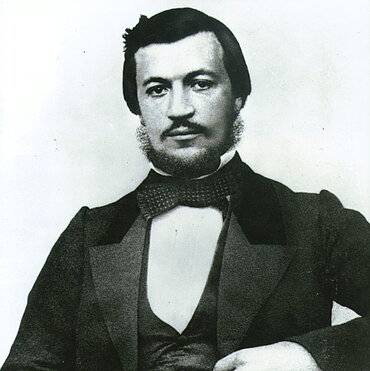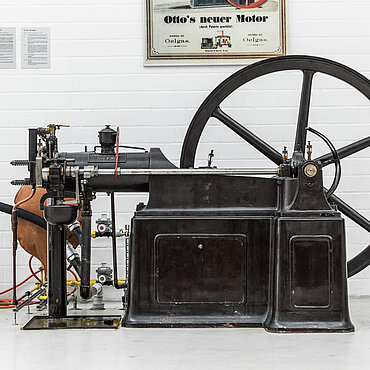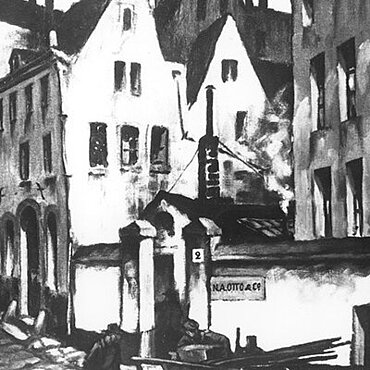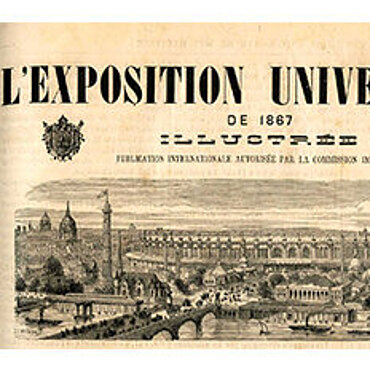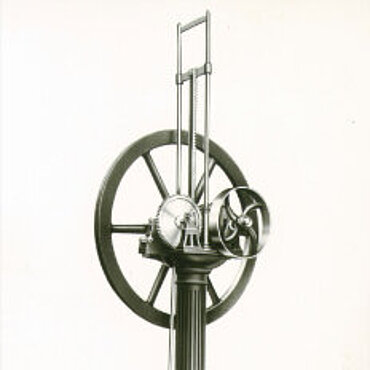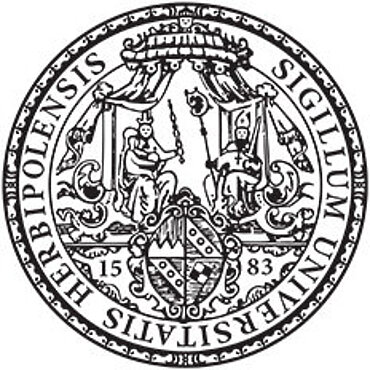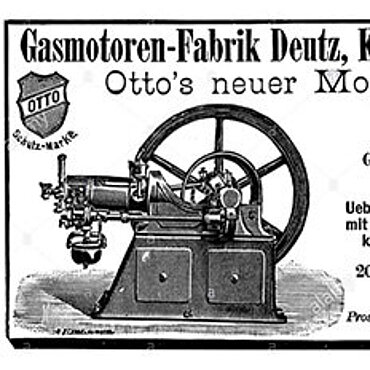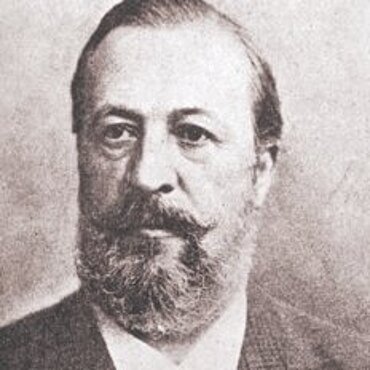
Nicolaus August Otto Award
The award for decisive shaping of the future
#nicolausaugustottoaward #naoa
The engine manufacturer DEUTZ has presented the prestigious Nicolaus August Otto Award for the seventh time. The engine manufacturer’s innovation prize is named for the inventor of the four-stroke engine and founder of the company that would later become DEUTZ AG.
This year, the award ceremony took place on July 2, 2025 as part of the chiotec conference in Aachen.
The Award
For more than 160 years, DEUTZ AG has stood for unsurpassed drive technology, which is why it is one of the world’s leading manufacturers of groundbreaking drive systems today. Founded by the pioneer and coinventor of the four-stroke principle, Nicolaus August Otto, the traditional Cologne-based company has succeeded in constantly reinventing itself and meeting the challenges posed by changing factors with innovative strength.
By awarding the Nicolaus August Otto Award, named after its founder, DEUTZ AG aims to herald a symbolic renaissance of innovation and pioneering spirit. This is why the Nicolaus August Otto Award is awarded for decisive shaping of the future, novel technology, groundbreaking futurology, and for an outstanding lifetime achievement. It is intended to honor visionaries of our time and, endowed with prize money of €30,000, to promote the prize winners’ new, big ideas.
The commendation speech for the year's 2025 awardee was given by Dr- Sebastian C. Schulte, CEO of DEUTZ AG. DEUTZ AG is one of the world’s leading manufacturers of drive systems for off-highway applications in the power range up to 620 kW.
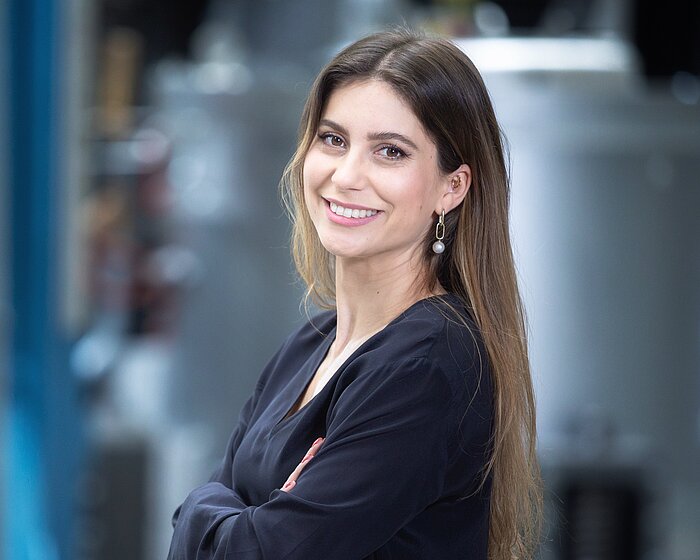
The Award Winner 2025
In 2025, DEUTZ AG presented its coveted innovation award to Dr. Lilian Schwich, founder and co-CEO of cylib.
The Nicolaus August Otto Award honors people who ensure that innovation, technological progress and change happen that help everyone move forward.
The seventh edition of this renowned prize, awarded by the Cologne-based drive specialist, particularly recognized Schwich’s work as founder and co-CEO of cylib, a pioneer in battery recycling. Scale-up cylib, which was created in 2022 as a spinoff from RWTH Aachen University, has developed a technology that enables all components of lithium-ion batteries to be recycled efficiently and sustainably.
Currently, cylib is building Europe’s largest end-to-end recycling facility for lithium-ion batteries at CHEMPARK Dormagen, with a planned capacity of 30,000 tonnes of end-of-life batteries a year. The facility, which is scheduled to go live in 2027, will serve customers in the automotive, battery, and chemical industries. The innovative, water-based OLiC process, which was successfully piloted in Aachen, provides a recycling efficiency of over 90 percent and reduces the carbon footprint by up to 80 percent compared with the extraction of raw materials. cylib is thus setting a new benchmark for sustainable resource security and the European circular economy.
